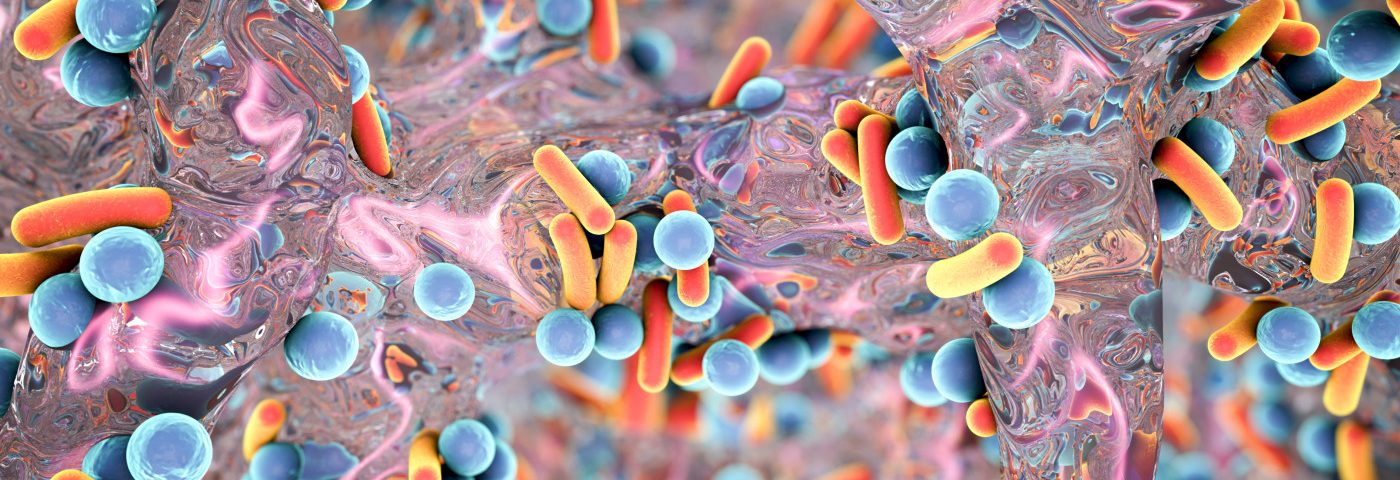Seres Therapeutics announced positive topline results from the company’s Phase 1b placebo-controlled study investigating the effects of SER-287, a potential microbiome therapy, in patients with ulcerative colitis (UC) who failed to respond to current therapies. The study is ongoing and actively recruiting participants.
The results revealed that patients treated with SER-287 showed a dose-dependent benefit in clinical remission rates, and an improvement of mucosal appearance by endoscopy. Importantly, the therapy did not raise safety concerns.
“We are extremely pleased with these SER-287 Phase 1b efficacy and safety study results. The clinical data demonstrate the potential for microbiome therapeutics to provide an effective and safer alternative treatment modality for patients suffering from ulcerative colitis,” Roger J. Pomerantz, MD, president and CEO of Seres, said in a press release.
“Based on the strength of these data, Seres intends to work expeditiously to advance SER-287 into more advanced development studies,” he said. “We plan to further evaluate SER-287 in mild, moderate and severe forms of ulcerative colitis, in maintenance after induction therapy, and we also intend to assess development in Crohn’s disease, and pediatric forms of inflammatory bowel disease.”
Pomerantz said he expects to discuss the data with the U.S. Food and Drug Administration (FDA) “as soon as possible to determine the most accelerated path to advance SER-287 development.”
The Phase 1b study (NCT02618187) is a double-blinded, placebo-controlled, multiple-dose trial that enrolled patients with mild-to-moderate UC.
Patients were randomized to one of three treatment groups for eight weeks. In the first group, patients received SER-287 administered daily with an antibiotic (vancomycin) pre-treatment. Another group received weekly dosing of SER-287. The third group was dosed weekly with SER-287 with vancomycin pre-treatment.
The primary objective was to evaluate the therapy’s safety and tolerability and assess the alterations within the microbiome after the eight-week period. Secondary efficacy endpoints included clinical remission rates, endoscopic improvement, and clinical response, outcomes measured using the Mayo score and endoscopy exam.
The results showed that SER-287 administered for eight weeks led to a dose-dependent improvement of clinical remission rates and an improvement in endoscopic scores. The most significant results were detected when patients received daily doses of SER-287. Adding vancomycin to the drug treatment regimen did not change its effectiveness.
SER-287 is an oral formulation comprised of live bacterial spores, which are inactive forms of the normal bacteria that live in a healthy intestine. The investigational therapy gives scientists the opportunity to understand if delivering normal healthy bacteria via SER-287 to UC patients can help control the disease by restoring the balance of bacteria in their intestines.
Maintaining a heathy microbiome – the collection of naturally residing bacteria within the gut – is vital for maintaining the integrity of the intestinal barrier and reducing inflammation.
“New treatment modalities are urgently needed that both address the inadequate levels of remission with available ulcerative colitis therapies, and have a favorable safety profile,” said Stephen B. Hanauer, MD, professor of medicine, gastroenterology and hepatology at the Feinberg School of Medicine at Northwestern University.
“The dose dependent and highly positive clinical remission rates and endoscopic scores from this study are very encouraging,” he said. “SER-287 may represent an important new treatment option for patients.”

